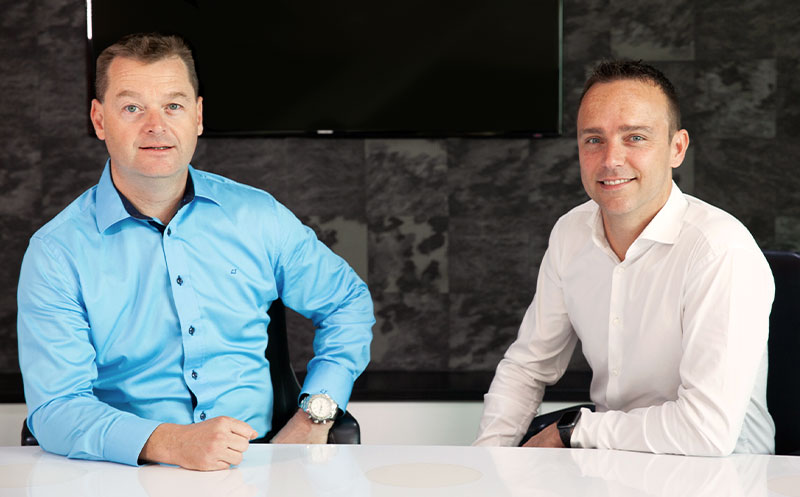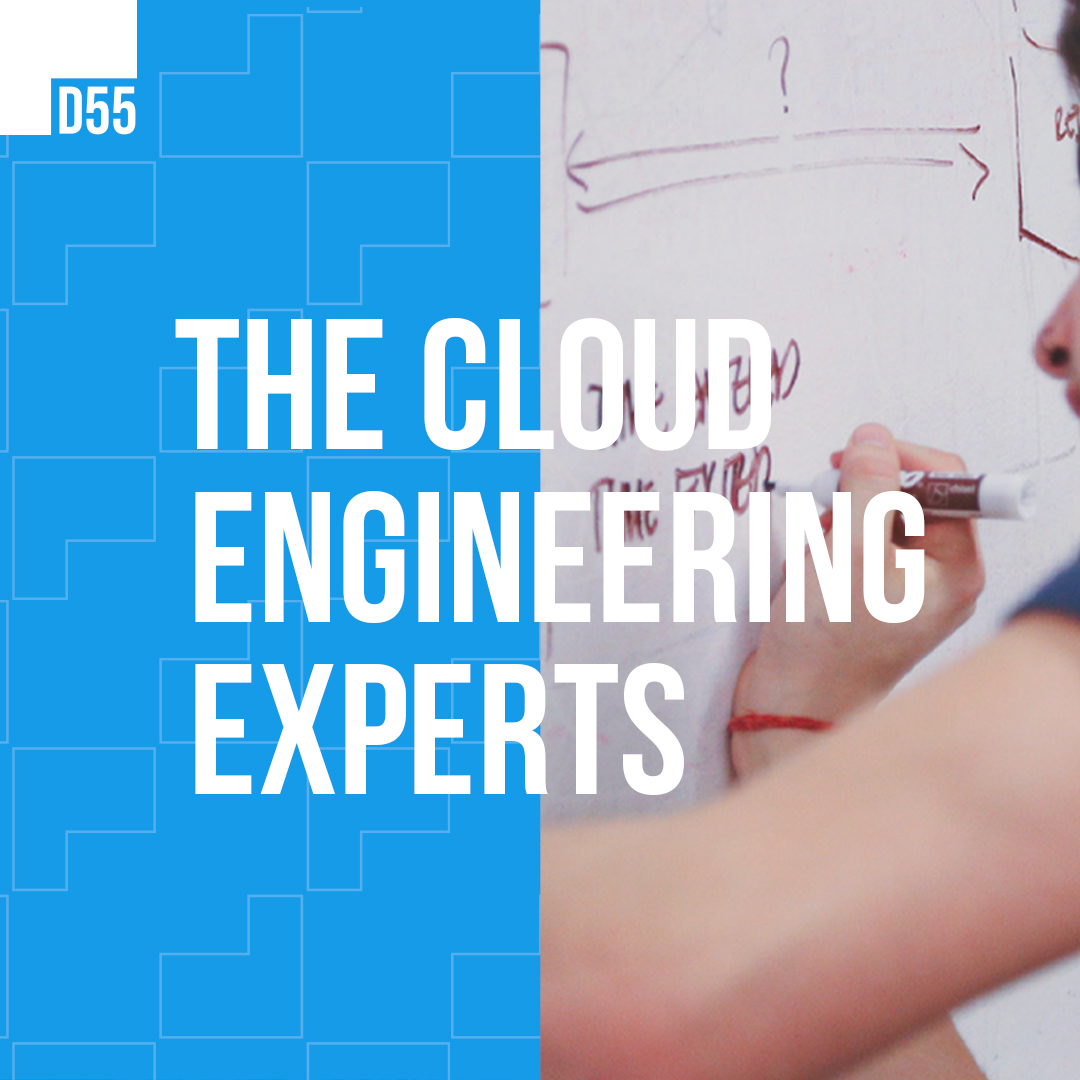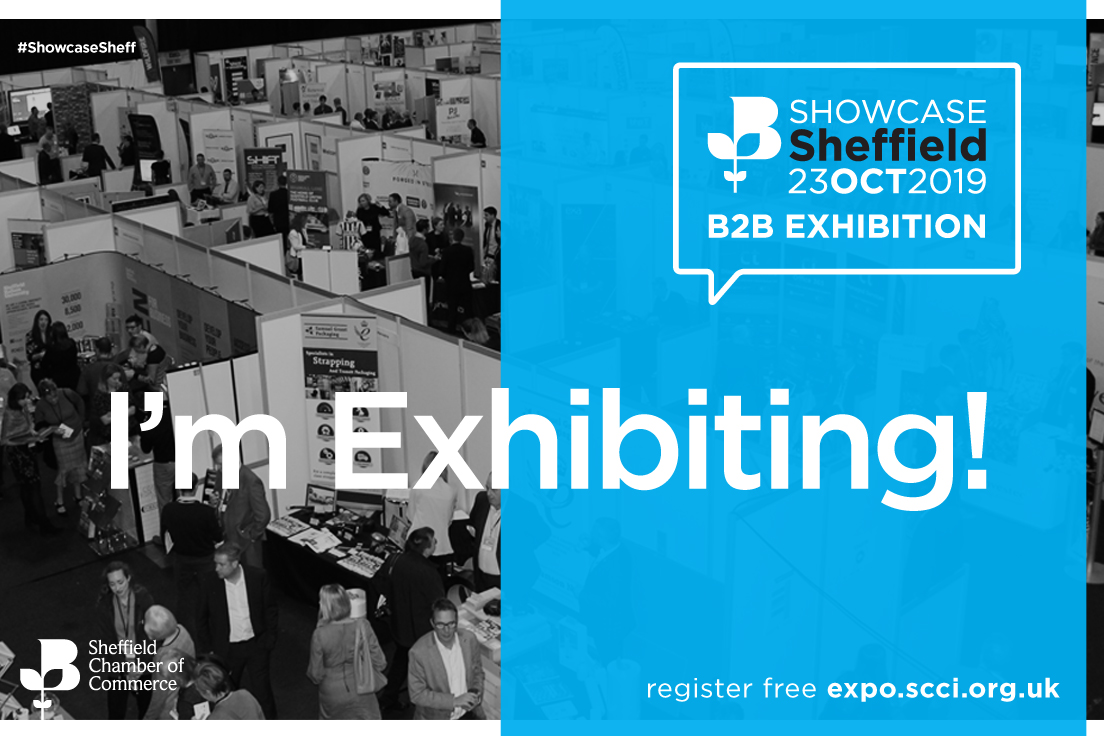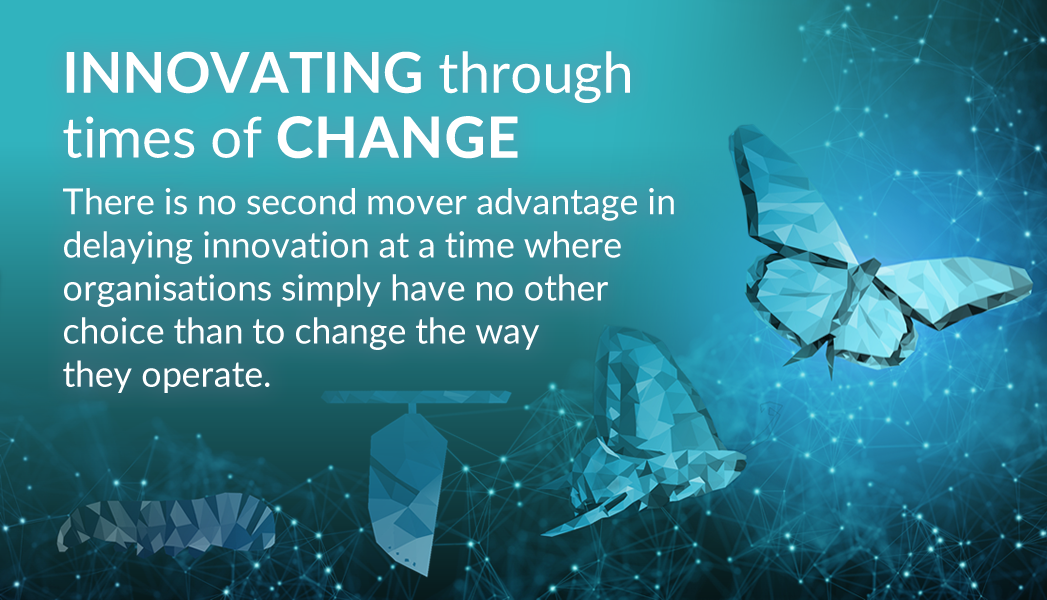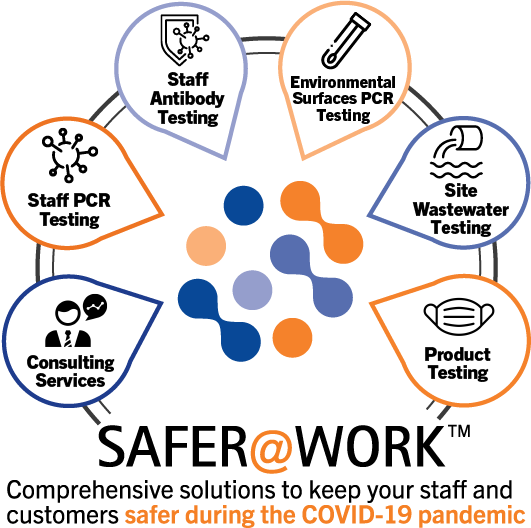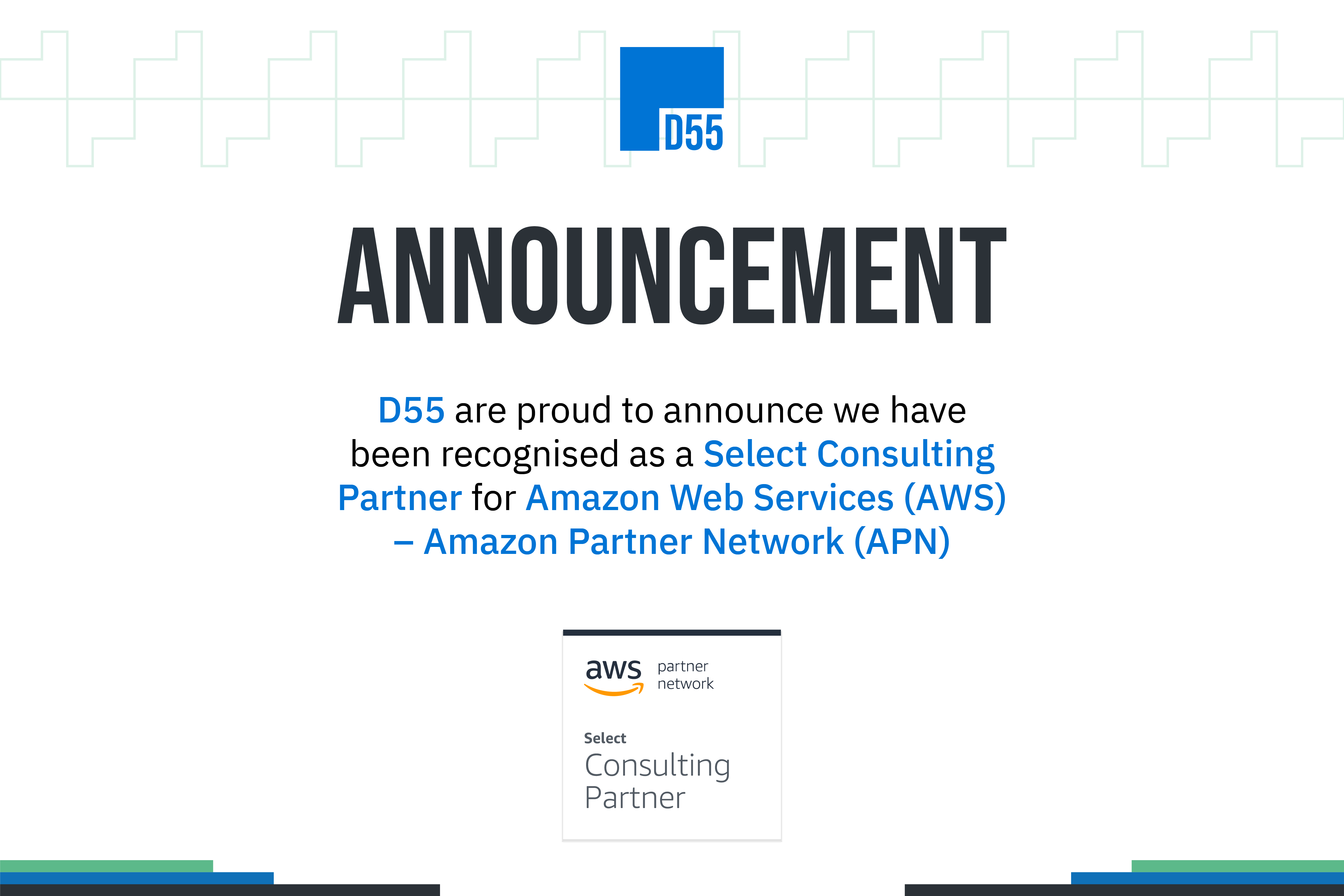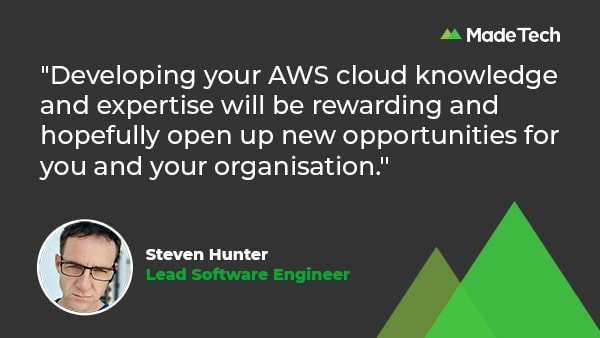
Over the last decade and more there’s been a gradual shift from on-premises IT infrastructure and application hosting to the cloud as cloud technologies and platforms like Amazon Web Services (AWS), Microsoft Azure and Google Cloud Platform have matured.
The cloud’s become the de-facto deployment platform and with this transition has come a step-change in ways of working for IT service providers, software companies, their engineers, and clients. Most organisations at minimum expect suppliers to have the capabilities to run secure, resilient and scalable solutions in the cloud. It helps to release them from the overheads of managing on-premises data centres and associated servers, databases and other infrastructure. It also helps to manage costs while keeping the lights on.
Bridging the gap and making the most of the cloud
With such a huge range of cloud services available, inexperienced teams may become overwhelmed by their options. With our experience, we can position ourselves to bridge the gap and help organisations make the most of the cloud. We can reduce their risk and help them to develop their own understanding of how to use cloud-based solutions.
The AWS tech stack is one of the platforms we use to help organisations build services in the cloud. We’ve been AWS certified since 2011 and currently hold AWS Advanced Partner status. We’re also an AWS Government Competency Partner. It means we’ve shown we’re AWS technical experts with proven success on public sector projects. To get AWS Partner Network accreditations like this, organisations have to do strict technical assessments and show they follow industry best practices.
Boost your career and help your organisation deliver better
Team members can also get AWS certifications. We have around 60 AWS certified engineers at Made Tech. The certifications can help with career progression. Being AWS certified shows you’ve got a deep understanding of AWS technology, and are a cloud expert that can help deliver projects quickly and efficiently.
But it also benefits the organisation. It affects our ability to get AWS competencies and join other AWS programs. For some of these programs you need a minimum number of team members with certifications at different levels. This includes the partner network, and other programs. For example, the AWS Well-Architected Framework. An AWS partner with this capability can do well-architected reviews of organisations’ cloud workloads, and implement workloads following AWS best practices around things like security, scalability and resilience.
It’s strongly encouraged in our engineering community to get certified. We get given time for exam study and preparation. We also get training materials with our annual training budget.
If you work in IT and are interested in getting AWS certifications then it’s worth having a basic understanding of the different pathways and levels…
AWS Certified Cloud Practitioner
At the foundation level is AWS Certified Cloud Practitioner. This one’s for anyone with a basic understanding of the AWS platform. Amazon recommends that you have:
- a minimum of 6 months using AWS Cloud
- a basic understanding of IT services and their uses in AWS
- knowledge of core AWS services, use cases, billing and pricing models, and security concepts
You’d typically start your AWS certification journey with this one before moving onto one of the more specialised exams. To get it you need to sit a 90 minute exam with 65 questions. You need a score of at least 700/1,000 to pass.
Associate
The next level is associate. It takes team members down role-specific paths. You can earn AWS Certified Solutions Architect, AWS Certified Developer and AWS Certified SysOps Administrator. Each of these exams follow a similar format to the cloud practitioner exam but test your knowledge to greater depths in more focused areas. These include 65 questions and you get 130 minutes (180 for SysOps) to complete the exam. You’ll need to score at least 720/1,000 to pass.
Professional
Beyond associate level you can earn AWS Certified DevOps Engineer and AWS Certified Solutions Architect certifications at a professional level. Again, exams for these go into even greater depth and thoroughly challenge your knowledge and time management. These include 75 questions which have to be completed within 180 minutes. To pass you need to get a score of at least 750/1,000.
Speciality
If you want to show your experience and competence in more specialised areas you could also get one of the specialty level certifications which include:
AWS Certified Database – shows you’re an expert in recommending, designing, and maintaining AWS database solutions.
AWS Certified Machine Learning – shows you’re an expert in building, training, tuning, and deploying machine learning models on AWS.
AWS Certified Security – shows you’re an expert in securing data and workloads in the AWS Cloud.
AWS Certified: SAP on AWS – shows you’re an expert in designing, implementing, migrating, and operating SAP workloads on AWS.
AWS Certified Data Analytics – shows you’re an expert in using AWS data lakes and analytics services to get data insights.
AWS Certified Advanced Networking – shows you’re an expert in designing and maintaining network architecture for AWS services.
Depending on the exam, you’ll get either 170-180 minutes to finish it. There are 65 questions. You need a score of at least 750/1,000 to pass.
For now, you can take any AWS Certification exam at either Pearson VUE or PSI testing centres, or you can sit them remotely from home via Pearson VUE’s online proctoring system. From 1 January 2023, Pearson VUE will be the only exam provider.
Useful resources
The AWS certifications page on its website is a good place to get started.
Udemy
You can also find training material on learning platform Udemy, which I highly recommend. For example, you can do an AWS Cloud Practitioner course, created by online instructor Stephane Maarek. Stephane and others like Neal Davis are certified solutions architects and developers. They’ve produced many high quality training courses and practice exams for most of the available AWS certifications. The courses are definitely lengthy (30hrs plus for associate level and higher) but they do need to go into a lot of detail to cover the large syllabuses for each exam.
AWS learning materials
Take a look at AWS Whitepapers. They can help broaden your knowledge in specific areas beyond the material in the training courses. The reference architectures can be useful if you’re aiming for AWS Certified Solutions Architect at associate or professional levels.
I also recommend making maximum use of the AWS free-tier. It allows you to deploy your own infrastructure and services in the cloud at minimal cost, so you can gain practical experience beyond all of the theory in the online training materials.
The hard work will pay off!
It may seem daunting and there’s certainly a lot of material to cover – there are currently over 200 individual AWS services. I’ve earned the AWS Certified Developer (associate level) and AWS Certified Solutions Architect (associate & professional level) certifications. From my experience, you’ll need to put in intense effort, especially when it comes to your time and focus to get any certification beyond foundational level. But developing your AWS cloud knowledge and expertise will be rewarding and hopefully open up new opportunities for you and your organisation.
Find out more about our work with AWS. Read our latest case studies, Streamlining data flows to improve insights in adult social care and Making NHS Gloucestershire’s mental health services more accessible to children and young people to find out how we’ve used AWS technology to help improve public services.
